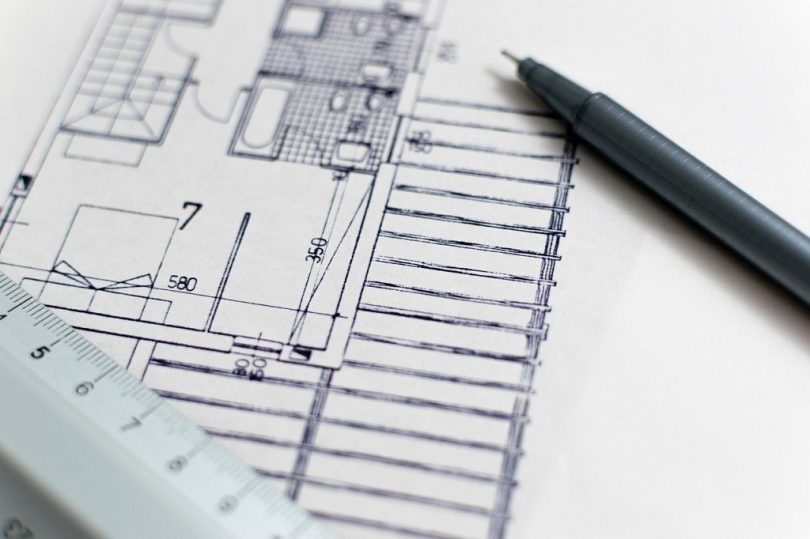A large number of home owners had no other choice but to sell their home during Spain’s crisis. This often left them in great debt. Today, however, the situation has completely changed, and For Sale signs have started to appear again. Only this time most people will make a profit.
Today’s article by ShMadrid will tell you more on the subject and the risks that are involved in real estate.
Related article: Madrid Real Estate News 2020
Discover the main real estate traps in Madrid
The real estate market is flourishing once again, and price increases are getting noticed by homeowners, who think this might be a good time to sell. One of the most important issues, when selling your property, is what price to sell it for.
The answer to that question is never easy, because as a seller you obviously want the best return on your investment, but setting your price too high will scare potential buyers. You will not get any viewings or offers on your house then. Setting the price of a property too low could sell your house really quickly, but then you will be left with the feeling you might have gotten a much better deal.
If a homeowner is looking for a way to calculate the selling price, many times these decisions are based on information in the media or prices properties have been sold for in its surroundings. Of course, there is a risk in setting your price this way, as it might be very unrealistic.
In the end, many people who want to sell their home get carried away by information and numbers that are not even relevant. They listen to the news, look at the price their neighbours sold their property for, or accept the ridiculously high price an inexperienced party has advised them.
The Endowment Effect is another real estate trap people should be aware of. If you are selling your house, you would value your property at a higher price, than if you were to buy that same or a similar house.
Related article: Changes in Real Estate Laws and Regulations in 2019
This concept is related to several factors that can be analyzed: the fear of losing something you own, the price you paid for it in the past, and selling something you are emotionally attached to. Another trap when buying a house is based on the so-called Illusion of Validity.
This is the tendency to trust on your own abilities to look at data and confirm your own prediction, just because it fits your ideas on something. Your idea is then completely plausible, because you have found a way to explain it by a series of analyses.
And as it is normal to act on the information you have collected, you forget that there could be other data that could be of significant influence. So you rely on the trust you have in the information that you have found that supports your beliefs.
This particular real estate trap is more common than you might actually think, because whenever homeowners set a price for their property, they have considered prices of similar homes in the area.
And as a result they forget about other very important aspects that influence the price of real estate objects, such as: parking, the building on its own, the year it was remodelled, the condition of the installations, community services, how long the property has already been on the market, etc.
So even though the owner does not have complete information to assess the true value of a property, he automatically accepts his own idea on the price without doing any further research.
Are there other real estate traps in Madrid?








